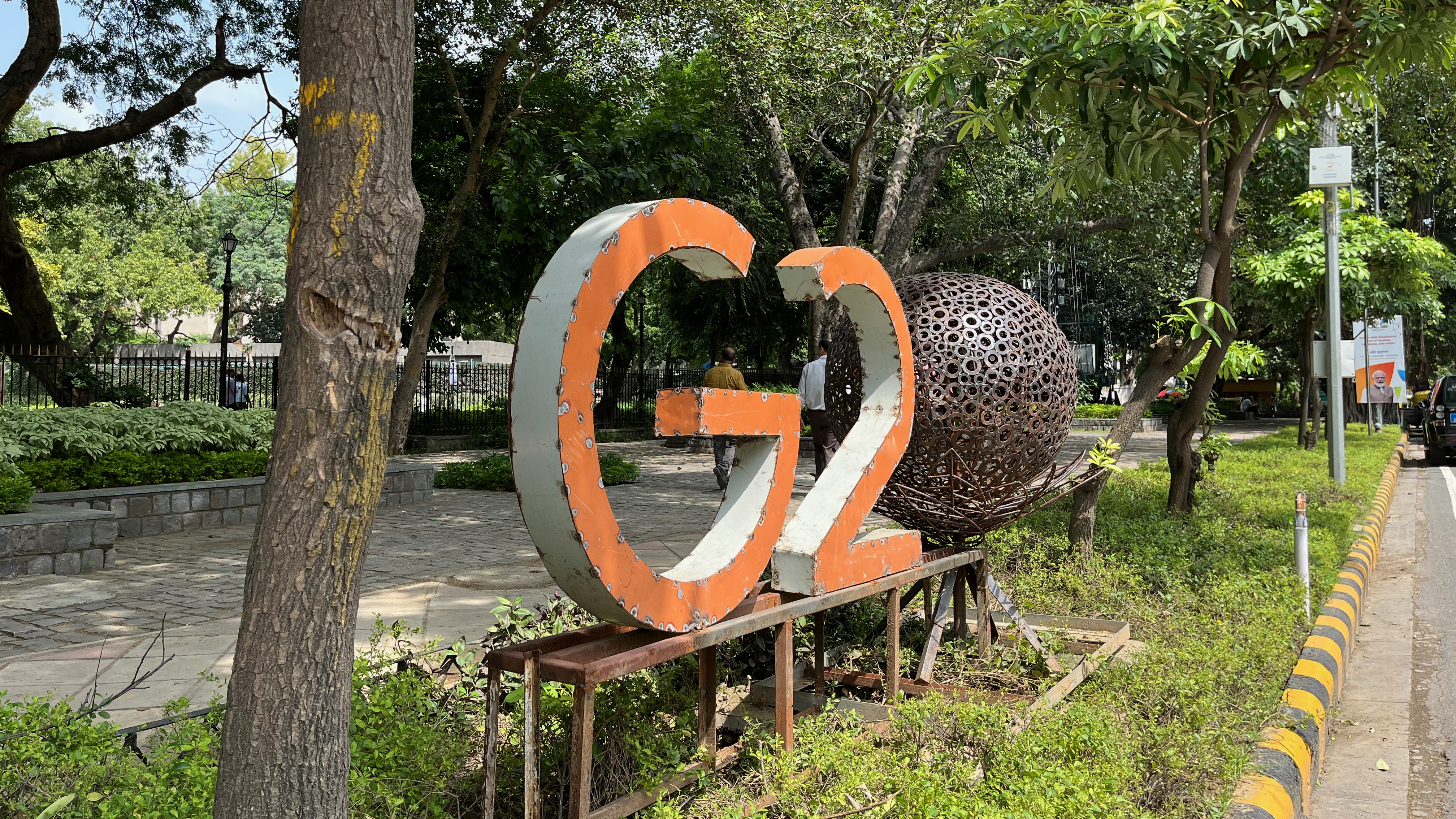Delhi is rolling out the welcome mat as leaders arrive for the G20 summit in India
In Delhi, India, colorful lights and water fountains adorn city streets. Walls are painted with colorful murals and perfectly manicured flower beds greet commuters at roundabouts.
Posters showing Prime Minister Narendra Modi’s face alongside the G20 logo are plastered on light poles and metro station walls across the city. There’s even a G20 park with sculptures of animals and birds from each of the 20 member nations.
The Indian capital is gearing up to host the G20 summit over the weekend. The group of 20 nations includes the United States, Russia and China among others. The G20, formed in 1999 as a forum to address economic issues, has since expanded its agenda. The presidency of the bloc rotates hosting the event among members and this year, it’s India’s turn.
Delhi resident Ankit Pal said he is excited to see all of the fanfare.
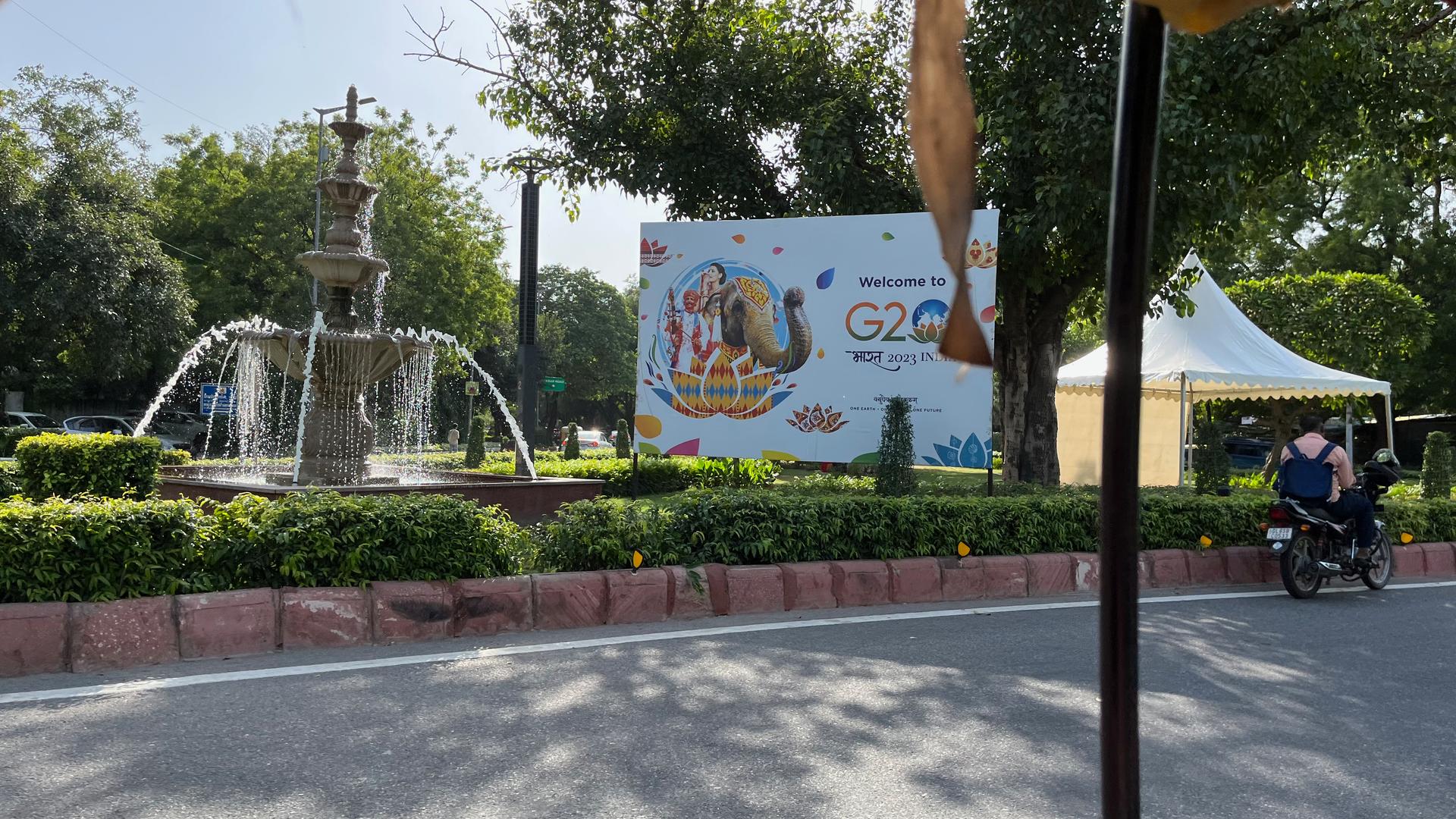
“It is a proud thing and it is something which is putting India on a global stage,” he said.
But critics say that India has turned the G20 into a marketing campaign for itself — and for Modi — ahead of general elections next year. The summit will also be a test for India as it seeks to establish itself as a rising power and as a voice for the global south.
‘Steward of a rising India’
“[Modi] has utilized the G20 to showcase India’s clout,” said Manjari Chatterjee Miller, senior fellow for India, Pakistan and South Asia at the Council on Foreign Relations and associate professor at Boston University.
“He’s utilized it to kind of show that India has arrived as a leader on the world stage. And here it is assuming the presidency, in a way, because it’s a leader on the world stage which is not exactly the case because it’s technically a routine presidency.”
Modi has also brought the G20 to the masses on a scale that has never been done before, according to Miller.
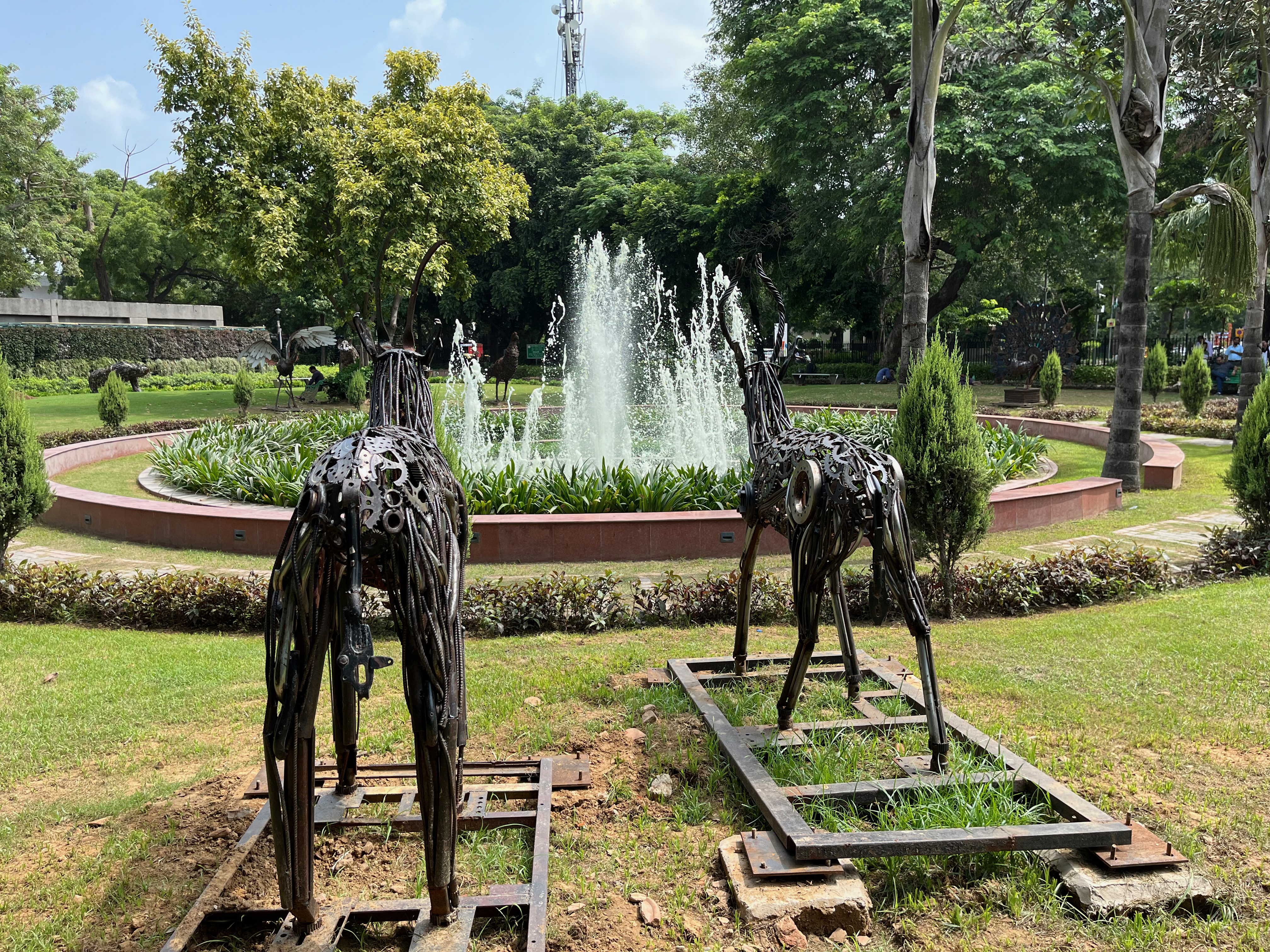
While the G20 used to be an esoteric thing that only a few experts cared about, Miller said, Modi has made it an event for the ordinary Indian. Schools have held essay-writing competitions about the G20. You can get an online certificate learning about it, and even small Indian towns have hosted G20 events.
“The fact that it can trickle down to more people than just a handful of people is itself quite amazing,” Miller said. “And so, that has, in turn, come back to boost Mr. Modi tremendously as the person who has made this possible.”
That’s particularly important as Modi seeks reelection for a third term next year. Indian voters are usually not swayed by foreign policy — they care more about basic issues like the prices of food. However, Miller said, Modi’s brand has been about nationalism, and this image-building helps him.
“It does showcase him as the steward of a rising India so to speak,” she said.
But not everyone in India is thrilled about the G20.
In giving Delhi a makeover before the summit, officials have evicted slum dwellers. Green mesh curtains put up on the sides of roads obscure the poor from view.
Ice cream seller Mohit Kumar said he’s leaving the city and will stay in his village until the summit ends because street vendors have been asked to clear out.
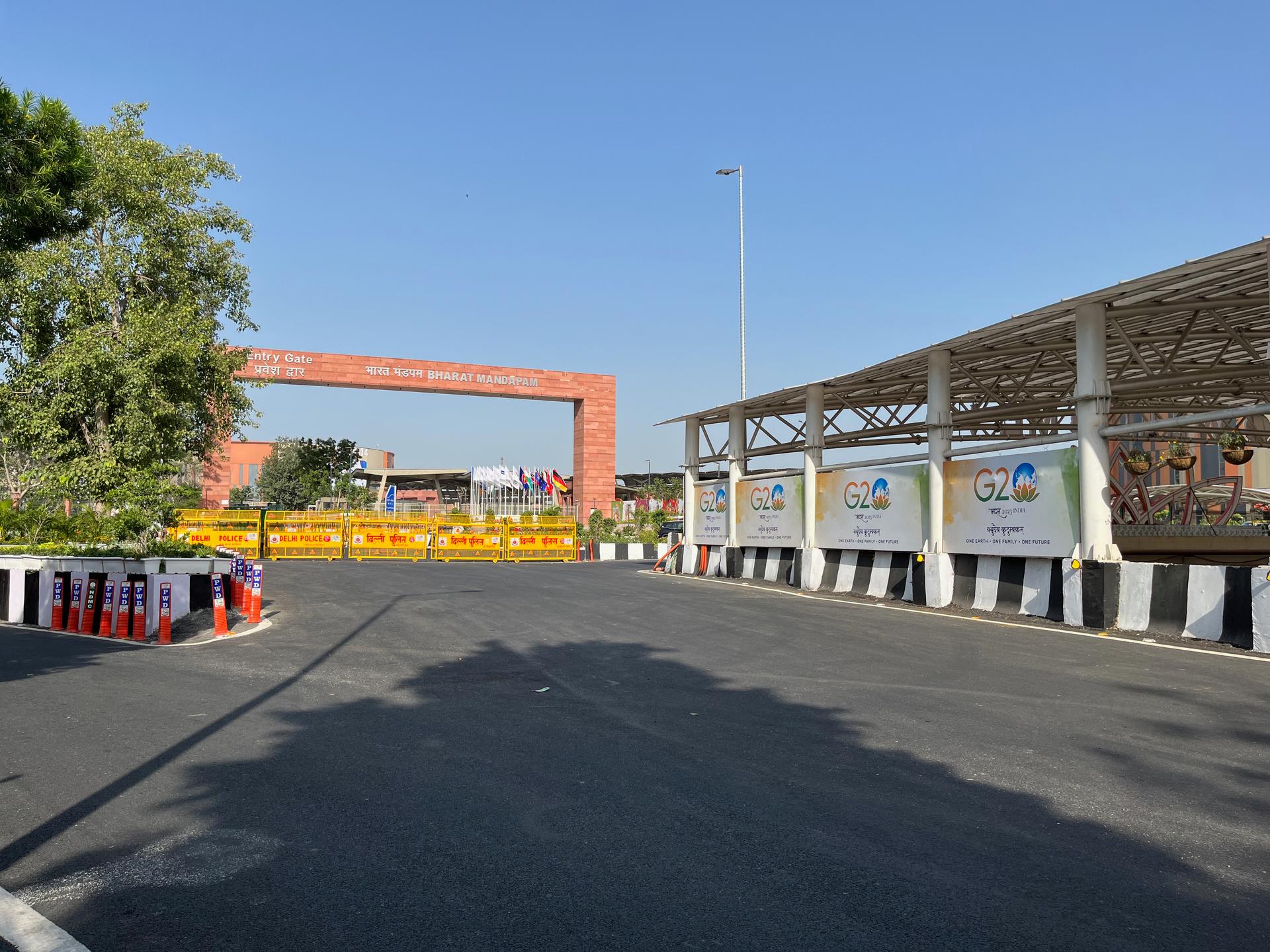
Entry into the capital has been heavily restricted and scores of flights and trains over the weekend have been rescheduled. Food delivery is barred in some areas.
Rickshaw driver Kishan Kumar said he will be out of work for the next few days because of traffic restrictions for the summit.
“I am going to lose three days of income but my expenses won’t stop,” he said.
In a ‘sweet spot’ to negotiate
On the agenda this weekend are reforms to multilateral development banks like the World Bank and International Monetary Fund. India has also been pushing to include the African Union consisting of 55 member states into the G20. While these initiatives are expected to get widespread support, one issue has proved to be a challenge: the Russia-Ukraine conflict.
“The stand that G20 should take on Ukraine — on this, there is a complete schism,” said Rajiv Bhatia, a former Indian ambassador and a distinguished fellow at the think tank Gateway House.
G20 meetings in recent months have failed to produce a joint communique due to differences between the West and Russia. It’s unclear if a joint declaration will come out this weekend.
“Will there be [a] Delhi declaration? If we fail to achieve this, this will be regarded as a notable feature of the summit,” Bhatia said.
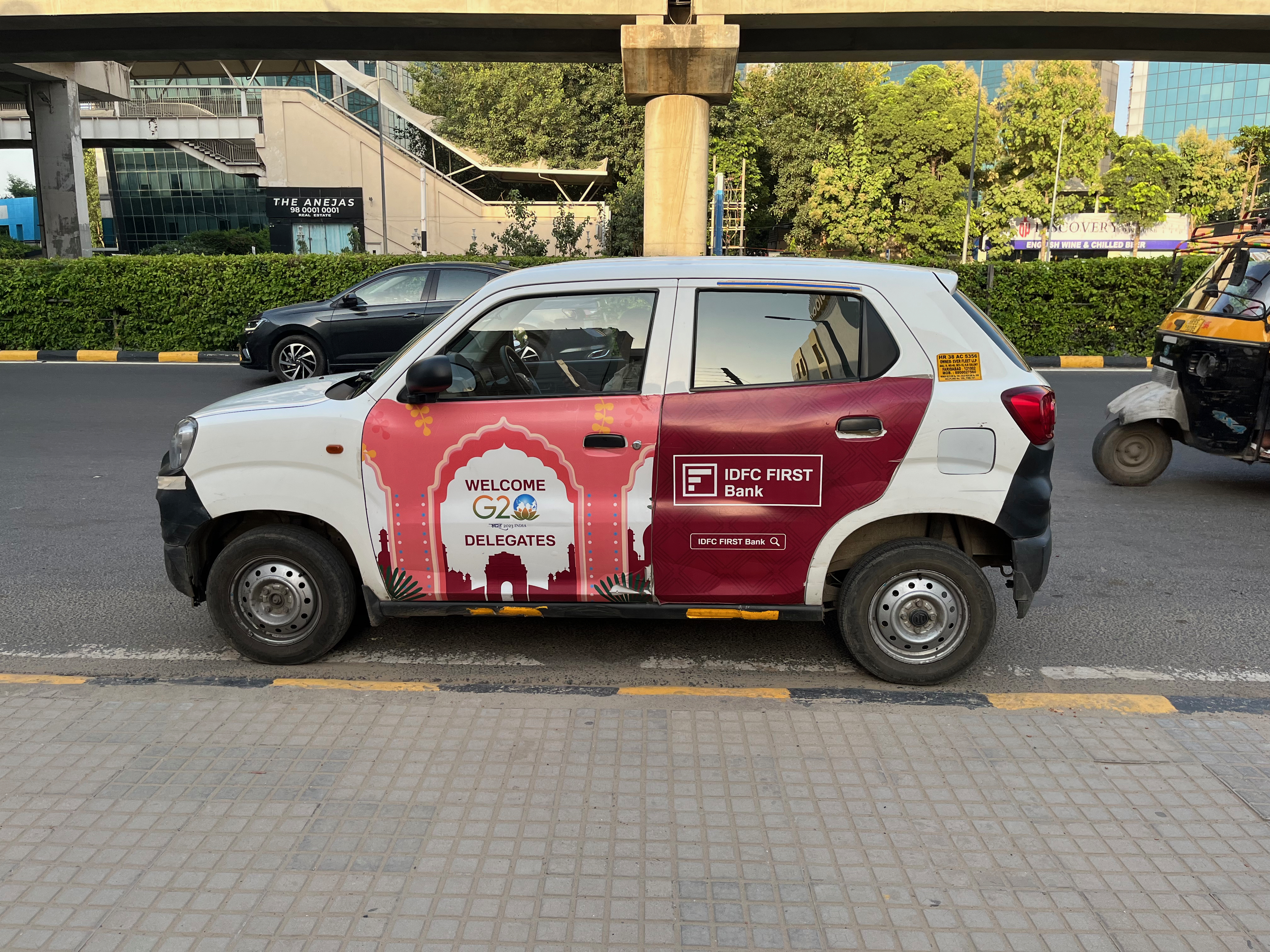
But India is in a “sweet spot” to negotiate, Miller said. The country has been close to Russia for decades and also enjoys warm relations with the West, particularly the US. Moreover, Delhi has been trying to portray itself as a voice for the global south, which is also feeling the effects of the Ukraine war.
“The war is affecting both food security as well as oil prices. So, the question is, if India is really a bridge between the global south and the West, will it, in this big meeting, be able to achieve a consensus on the Ukraine war?” Miller said.
At the start of India’s presidency last year, many G20 watchers thought it would try to act as a mediator between Russia and Ukraine. But that hasn’t happened, Bhatia said, adding that Indian leaders recognized early on that brokering peace between the two sides was virtually impossible.
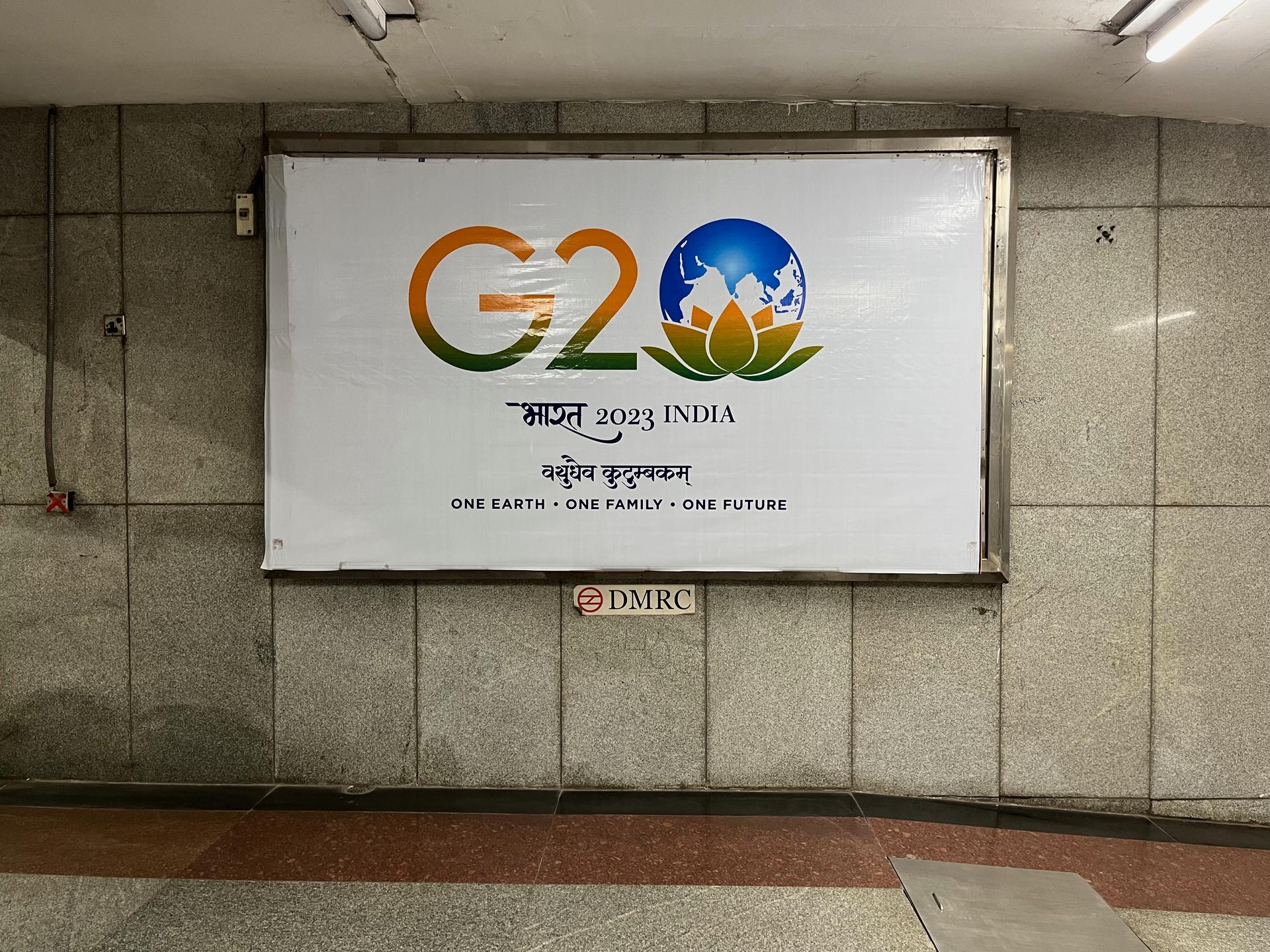
“In fact, right from the beginning, G20 leaders in India said that G20 has to be insulated from the new pressures being generated by the Ukraine war,” Bhatia said. “And on top of that …. [the] geo-economic agenda itself is so heavy that if we can move that forward as the president, that will be an achievement by itself.”
Despite differences, Bhatia said that all member nations must understand that strengthening the G20 is what the world needs today. As leaders and delegates arrive in Delhi, at least two notable names will be absent — Russia’s Vladimir Putin and China’s Xi Jinping.
